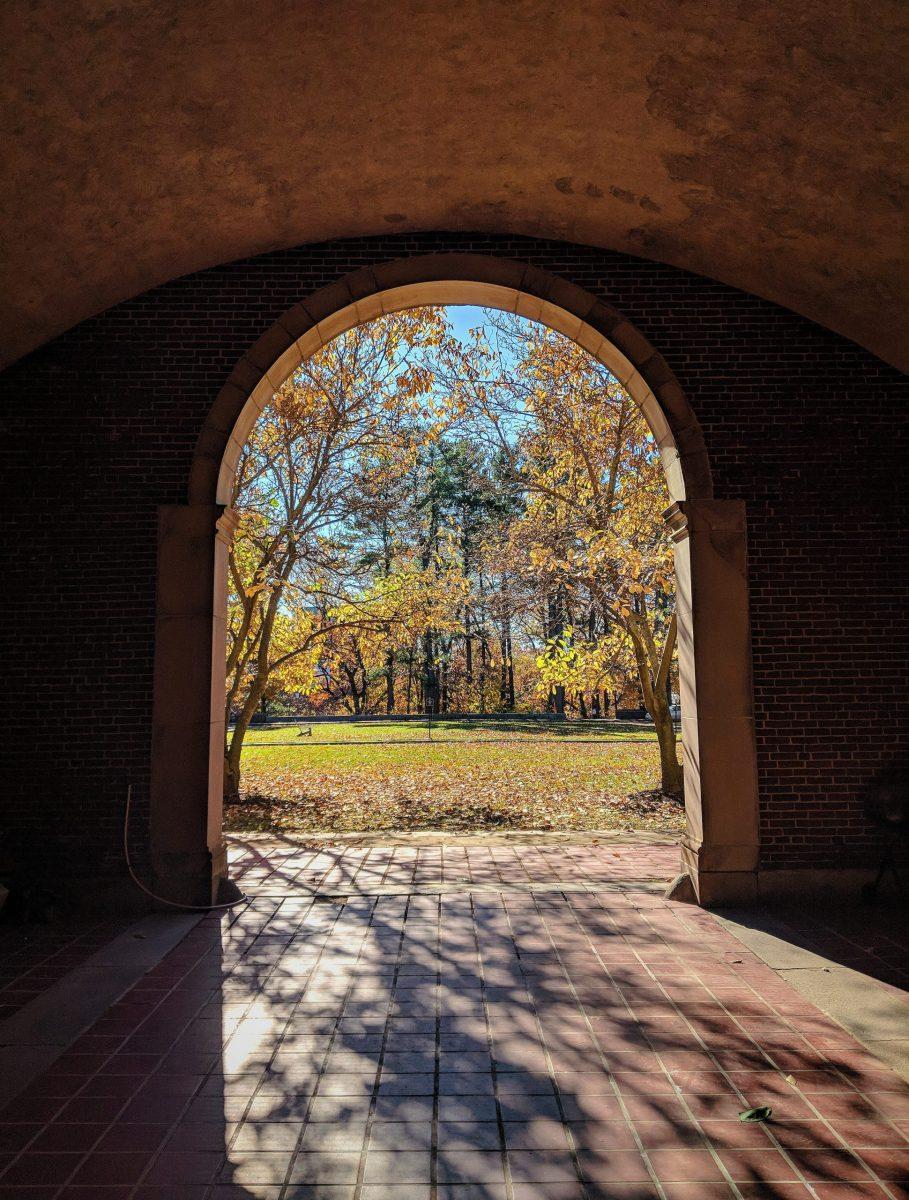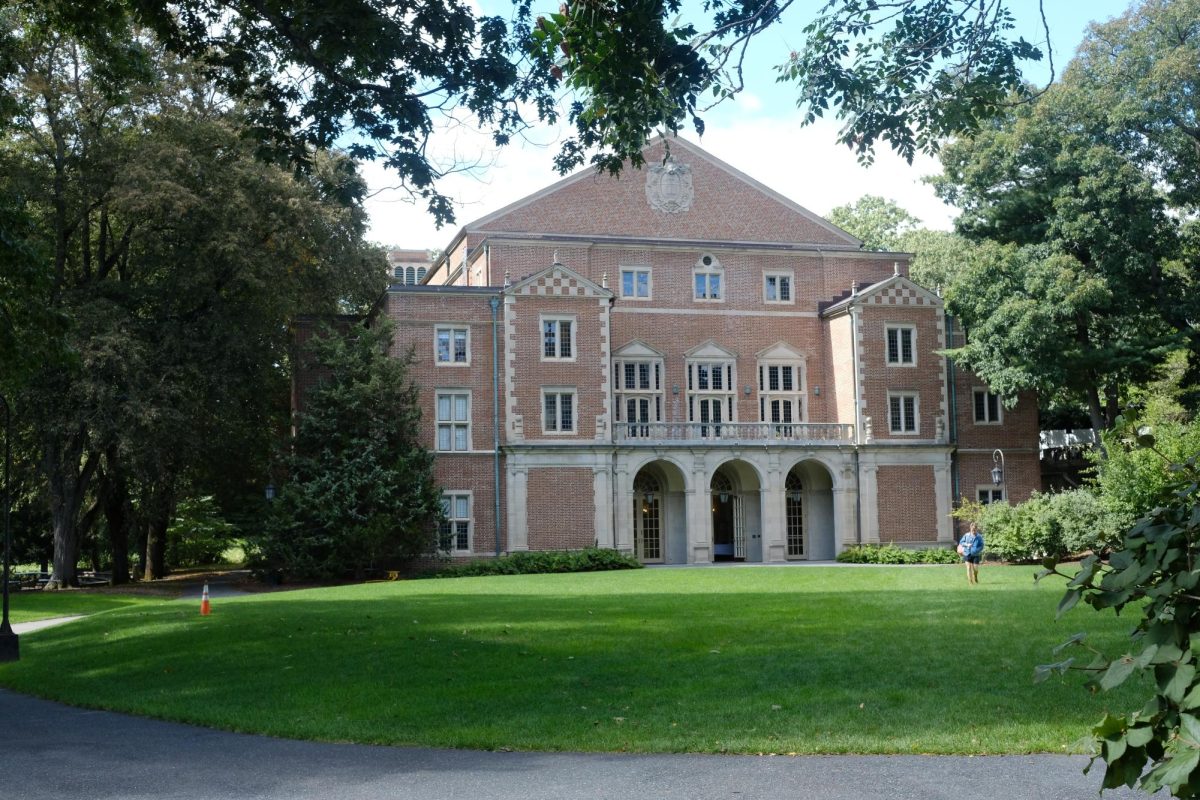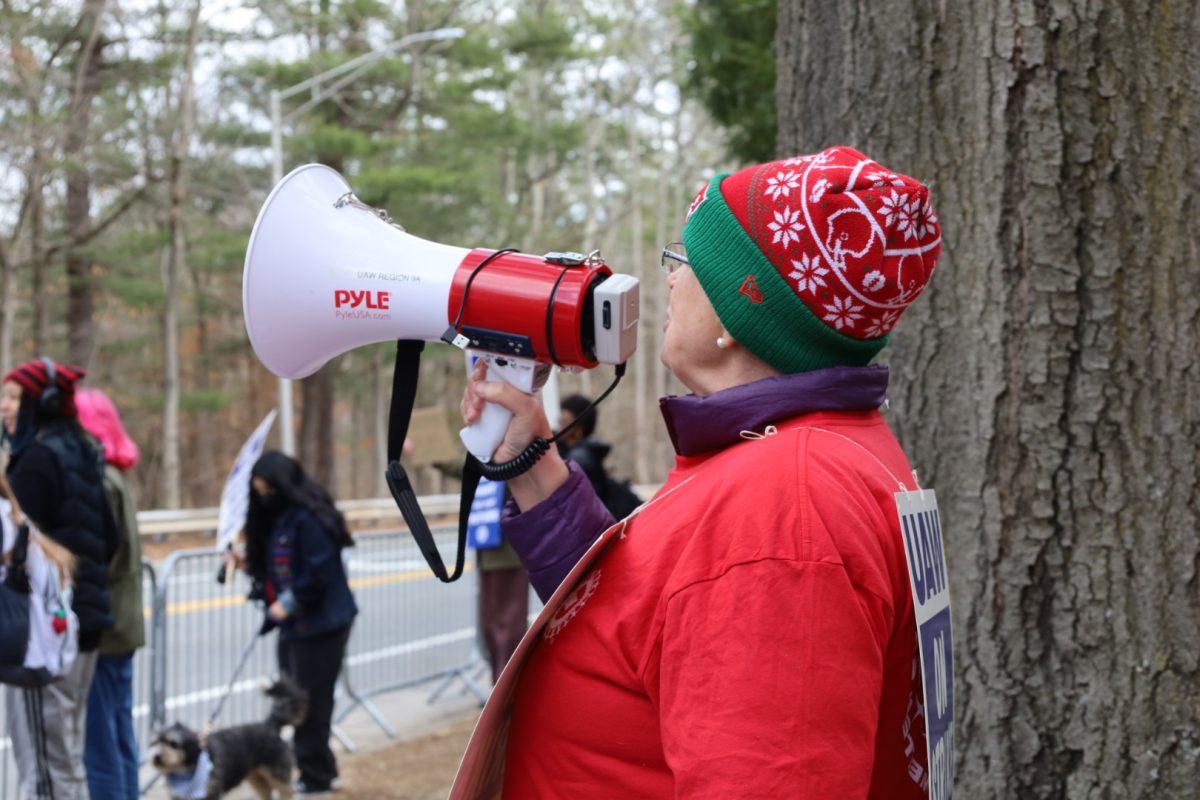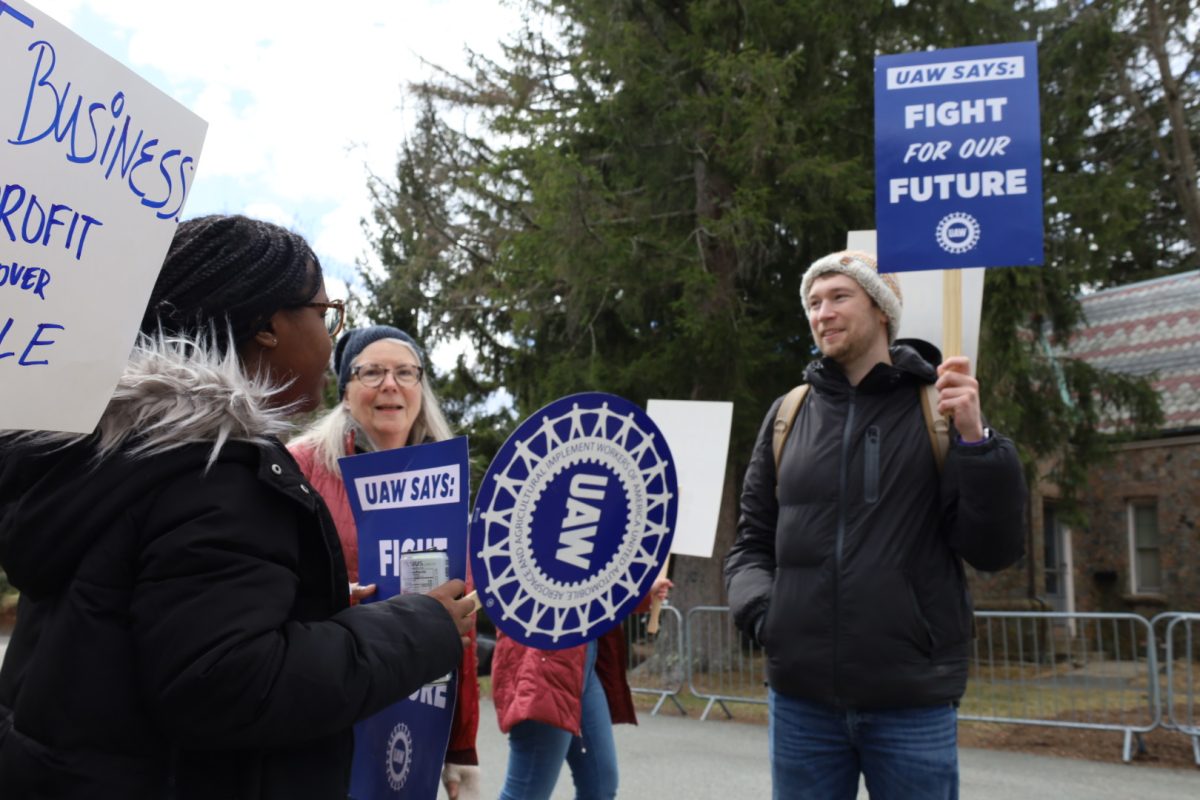On April 21, Academic Council voted 84-13 to carbon reducing measures developed by the Sustainability Committee (SUST). The proposals were created in parallel with those developed by the ECON/ES 199 class, but provide more faculty focused carbon reducing measures. The vote came a month after Wellesley students approved the ballot measures created by the class in Fall 2020, paving the way for an affirmative vote by the Board of Trustees on divestment. According to an email sent to the Wellesley community by College President Paula Johnson, the Board of Trustees is slated to vote on divestment in the next month, though a specific date was not specified.
The ballot initiative consisted of four proposals: a 50% reduction in red meat consumption on campus, a $25 fee on mini-fridges in dorm rooms, a 10% increase in student parking pass charges and a decrease in the frequency of the school’s Local Motion bus service into Cambridge and Boston. According to Casey Rothschild, the professor who taught the ECON/ES 199 class, some of the proposals could be phased in as soon as this fall.
Alex Hussey ’23, who was a member of the ECON/ES 199 class, is glad that the proposals passed because she believes it means students have more leverage for negotiations with the Board of Trustees. Additionally, Hussey is grateful that the passage of the proposals led to substantial discussion of the potential equity issues surrounding their implementation.
“Especially as a class, we haven’t put a lot of time into saying how student actions will be enacted, so there’s a lot of room in that discussion for making it equitable,” Hussey said, adding that administration has expressed support of an equitable rollout.
On the other hand, for the President of Students for an Accessible Wellesley (SAW) Corinne Wilklow ’21, the lack of information from the College regarding the implementation of the proposals was worrying. Wilklow believes that the greatest risk of these proposals could arise upon enactment.
“For me, voting for [the proposals] was like signing a blank check to be like ‘Yeah of course, I’ll do anything in the name of divest,’” Wilklow said. “In my own personal life I would do a lot, but I don’t feel comfortable risking anyone [elses] wellbeing.”
Wilklow added that, as a three year member of SAW, they have observed how difficult it can often be for students to get accommodations on campus. They worry that this trend will continue when the ECON/ES 199 proposals are rolled out.
“Just based on that history, I don’t know how much faith I have that it will be rolled out in a way that accommodates student needs,” Wilklow said.
In a statement to The News in early March, the students of the ECON/ES 199 class wrote that they did not assume that there would be any specific, unanticipated costs upon implementation.
“We (definitionally) cannot anticipate the nature of such hypothetical costs, and hence cannot anticipate the appropriate response to them,” the statement read. “Should such costs actually materialize, we presume they would be handled as other unanticipated costs that arise from time to time at the College are handled.”
According to Wilklow, the ECON/ES 199 class only reached out to SAW after the carbon cutting measures were already on the ballot. Wilklow said that by the time the organization was consulted, there were few tangible steps the class could take to address their concerns.
“I know that even if students in the class have individual disabilities, as an organization, SAW sees such a wide range of different accessibility needs on campus, and so does the [Office of Accessibility], so it gives us a broader perspective on these things than one or two students,” Wilklow said. “As an org, it’s our job to … see how this could affect people from a lot of different angles, because everyone’s needs are very different, especially in our community.”
The ECON/ES 199 class did engage in other forms of outreach prior to creating the ballot questions. According to Meeting the Moment, a report about the class’s proposed actions, the class spoke to another course of economics students and held town halls that were attended by around 55 students. The class also advertised their work on social media via infographics and FAQs. Additionally, ECON/ES 199 reached out to at least one organization and attended several Senate meetings in the fall of 2020 and early spring of 2021. The proposals themselves were not released to the Wellesley community until Feb. 9.
Zaria Bunn ’23 still has concerns. Like Wilklow, she is worried that the proposal’s implementation will not be equitable. To her, a lot of the initial complaints that were brought up were being ignored by people who supported the policies. Bunn also felt that there was a lot of pressure put on individuals to vote yes for fear that they would be called “anti-Indigenous, or against the environment, or would be ruining the only chance this community had at divestment.”
“I don’t think that we should settle for this,” Bunn said. “Every student that worked towards passing this bill needs to keep that same energy towards making sure that every single one of these proposals do not negatively affect Black students, Indigenous students, poor students or disabled students.”
However, not all students agree with Bunn as they see this as the College’s only chance at divestment.
“A lot of people were saying ‘it’s okay if this doesn’t pass, because there’s always other time to divest,’ but I definitely felt it was going to be a lot harder to bring up divestment again and go through this whole process,” Hussey said.
Additionally, Hussey believes the divestment campaign presented a unique opportunity for student activism at Wellesley, which she said will have implications for future activism on campus.
“I think a lot of times admin and student values don’t always align, so to get them aligned on this front and be very explicit matters a lot to the student body and movements on campus,” Hussey said.
Still, not everyone is convinced.
“It’s very on-brand with this college … Wellesley produces capitalist individuals,” Bunn said. “I think that Wellesley talks about producing students who are forward thinkers and think about everything in the world and the reality is that’s not the case, not everything is just numbers and data. We have to think about people.”
Correction: An earlier version of this article incorrectly stated that Academic Council voted on the proposals created by the ECON/ES 199 class. AC actually voted on separate, but parallel, measures created by the Sustainability Committee.






